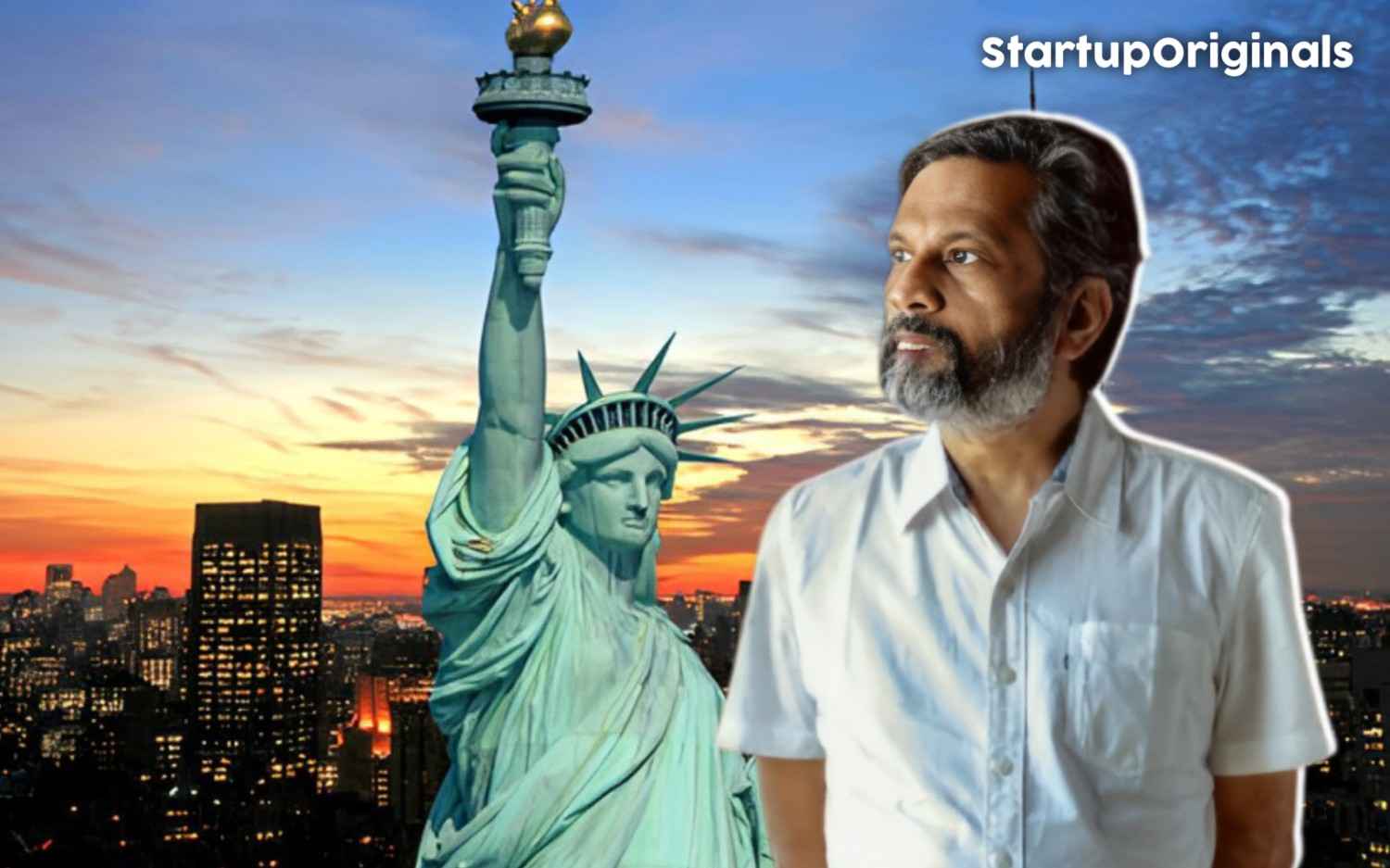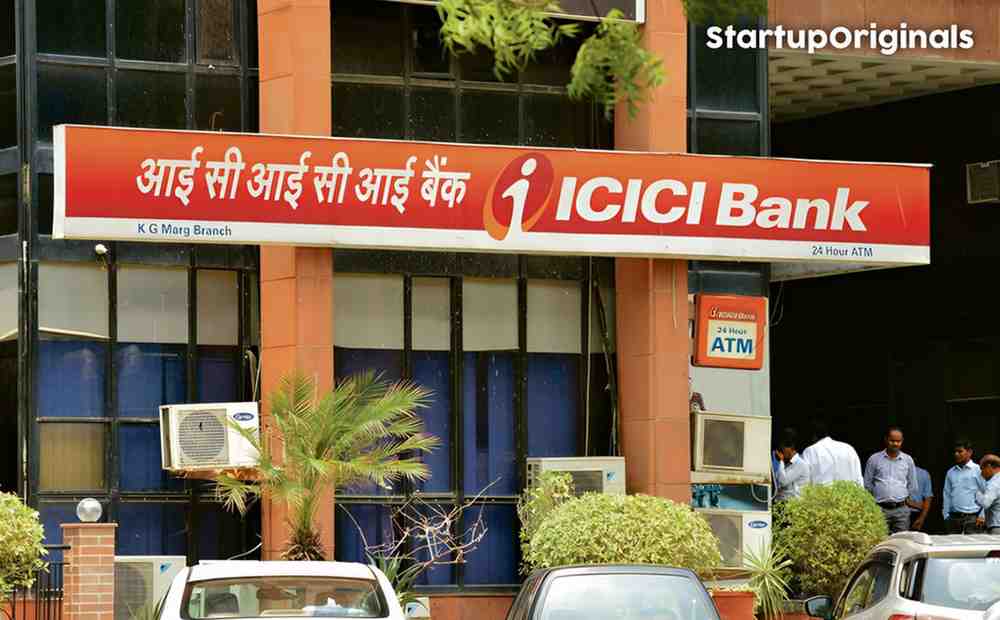
As global trade relations heat up, Zoho co-founder Sridhar Vembu has issued a timely warning to India’s political class: exercise restraint in foreign policy and avoid unnecessary provocations with global powers. His remarks come on the heels of former US President Donald Trump’s announcement of a sweeping 25% tariff on Indian imports, an escalation that threatens to shake up the world’s trade landscape and put India’s economic strategy to the test.
Trump’s Tariff Move: What Really Happened?
Donald Trump recently declared that India will face a hefty 25% tariff on its exports to the United States, along with a stern warning about further penalties for India’s continued economic and defense dealings with Russia. He accused India of “excessively high tariffs” and contributing little to bilateral trade, saying on his Truth Social platform, “They can take their dead economies down together”.
This tariff move is part of a broader wave targeting multiple countries and is expected to come into effect imminently, sparking anxiety among Indian business leaders and policymakers.
Vembu’s Perspective: Build Strength, Not Enemies
Sridhar Vembu responded with a clear message: now is not the time for India to get into trade or diplomatic conflicts with global powers. “It is not in our national interest to pick fights with powerful nations,” he shared on X (formerly Twitter), echoing the wisdom of strategic patience and balance. Vembu praised the Indian government’s efforts so far but warned that India is still building its strategic, technological, and economic depth, with much work left to do on ‘tech sovereignty’.
He stressed that India must leverage its demographic advantage over the next two decades by harnessing youthful talent and investing deeply in technology, rather than risking gains through confrontation.
Economic Warning: Brace for Global Shocks
Vembu also highlighted the broader economic context. With the US and China ratcheting up protectionist measures, global markets are feeling the impact. Trump’s tariffs have caused sharp drops in major indices and revived recession fears. Vembu fears that such turbulence could challenge India’s export-driven sectors-especially IT services, which are heavily reliant on American corporate clients.
He argues that declining US corporate profits under higher tariffs may force companies to reconsider IT and tech spending, urging India to diversify and strengthen its domestic economy.
A Roadmap for Resilience:
Vembu doesn’t just warn-he offers solutions:
- Prioritize Food Security: Protect and expand India’s self-reliance in food, and assist other nations where possible.
- Focus on Energy and Manufacturing: Develop sustainable farming, ramp up R&D, and invest in small and mid-sized factories across every district to reduce import dependence, especially from China.
- Strategic Patience: Avoid aggressive foreign policy, build internal strengths, and use international goodwill wisely.
He proposes a “seven-point” economic plan rooted in resilience, self-reliance, and harnessing India’s human capital for a compassionate, forward-looking strategy.
Conclusion: Strategic Restraint for a Volatile World
As India faces fresh challenges on the global economic stage, Sridhar Vembu’s message is clear: success depends on building inner strength, exercising diplomatic prudence, and avoiding unnecessary fights with world powers. With thoughtful, long-term planning, India can turn these turbulent times into a period of growth and renewal-without costly confrontations that undermine its progress.




